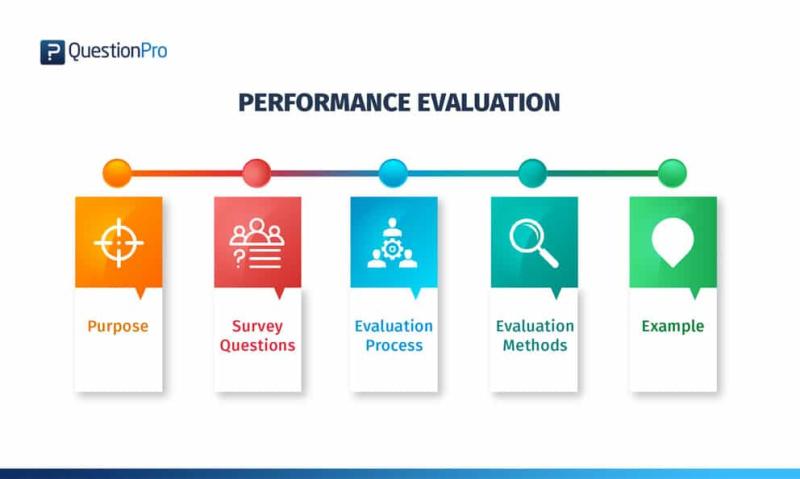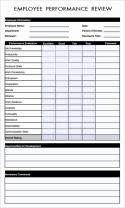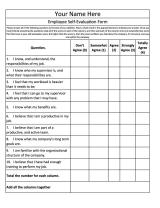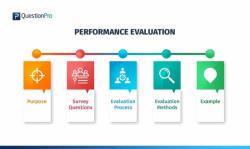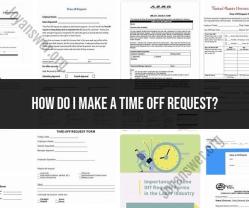Why it is important to conduct employee performance evaluation?
Employee performance evaluation is a crucial component of effective human resource management and organizational success. Here are several reasons highlighting the importance of conducting regular employee performance evaluations:
Feedback and Improvement:
- Performance evaluations provide employees with constructive feedback on their strengths and areas for improvement. This feedback helps employees understand their performance in the eyes of their superiors and guides them on how to enhance their skills and contributions.
Goal Setting and Alignment:
- Performance evaluations allow for the setting of clear, measurable goals that align with both individual and organizational objectives. This process ensures that employees understand their roles and expectations, fostering goal congruence throughout the organization.
Identifying Training and Development Needs:
- Through performance evaluations, employers can identify skill gaps and training needs within their workforce. This information is invaluable for designing targeted training and development programs to enhance employee skills and competencies.
Recognition and Motivation:
- Positive performance evaluations provide an opportunity to recognize and reward employees for their hard work and achievements. Recognition can be a powerful motivator, boosting employee morale and job satisfaction.
Career Development and Succession Planning:
- Evaluations help identify high-performing employees with leadership potential. This information is essential for succession planning and creating career development opportunities within the organization.
Communication and Employee Engagement:
- Regular performance evaluations facilitate open communication between employees and managers. This two-way communication is essential for building trust, resolving concerns, and maintaining high levels of employee engagement.
Fairness and Equity:
- Performance evaluations contribute to fairness and equity in the workplace by providing a standardized and objective method for assessing employee contributions. This helps prevent favoritism and ensures that employees are evaluated based on their performance and merit.
Improving Team Dynamics:
- Evaluations can identify areas of improvement in team dynamics and collaboration. Addressing these issues can lead to more effective teamwork and a positive work culture.
Employee Retention:
- Employees who feel valued and recognized are more likely to stay with an organization. Regular performance evaluations contribute to employee retention by demonstrating a commitment to employee development and satisfaction.
Aligning Compensation and Rewards:
- Performance evaluations provide a basis for determining merit-based salary increases, bonuses, and other rewards. This helps align compensation with individual and team performance, promoting a meritocracy within the organization.
Legal Compliance:
- Performance evaluations can serve as documentation in the event of personnel-related legal matters. Having a record of employee performance, feedback, and improvement plans can be valuable in ensuring legal compliance and defending against potential disputes.
Continuous Improvement:
- Performance evaluations contribute to the overall process of continuous improvement within the organization. By regularly assessing and addressing performance issues, organizations can adapt to changing circumstances and enhance their overall effectiveness.
In summary, employee performance evaluations play a crucial role in fostering a culture of continuous improvement, employee development, and organizational success. When conducted effectively, they contribute to a positive work environment, employee satisfaction, and the achievement of strategic business goals.
Organizational excellence: Why it is important to conduct employee performance evaluation?
Conducting employee performance evaluations is essential for organizational excellence. It helps organizations to:
- Identify and address performance gaps: Performance evaluations can help organizations to identify employees who are not meeting expectations. This information can then be used to develop training and development plans to help employees improve their performance.
- Reward and recognize high performers: Performance evaluations can also be used to reward and recognize high-performing employees. This can help to boost morale and motivation, and create a more positive and productive work environment.
- Make informed decisions about promotions and other personnel matters: Performance evaluations can provide valuable information to help organizations make informed decisions about promotions, layoffs, and other personnel matters.
Motivation and engagement: How performance evaluations contribute to employee satisfaction.
Performance evaluations can contribute to employee satisfaction in a number of ways. For example:
- They can help employees to feel valued and appreciated: When employees receive positive feedback on their performance, it can help them to feel valued and appreciated. This can lead to increased motivation and engagement.
- They can help employees to identify and develop their skills: Performance evaluations can help employees to identify their strengths and weaknesses. This information can then be used to develop training and development plans to help employees improve their skills.
- They can help employees to set and achieve goals: Performance evaluations can help employees to set clear and achievable goals. This can give them a sense of purpose and direction, and help them to stay motivated.
Goal alignment: Linking individual performance to organizational objectives.
Performance evaluations can help to link individual performance to organizational objectives. For example, organizations can set performance goals that are aligned with their overall business goals. This can help to ensure that everyone in the organization is working towards the same objectives.
Continuous improvement: Adapting strategies based on insights from employee evaluations.
Insights from employee evaluations can be used to adapt strategies and improve the overall performance of the organization. For example, if performance evaluations reveal that a large number of employees are struggling with a particular task, the organization may need to provide additional training or support.
Accountability and recognition: The impact of performance evaluations on employee development.
Performance evaluations can help to promote accountability and recognition in the workplace. For example, when employees know that they are going to be evaluated on their performance, they are more likely to take responsibility for their work and strive to do their best. Performance evaluations can also be used to recognize and reward high-performing employees, which can help to motivate and engage the entire workforce.
Overall, employee performance evaluations are an important tool for organizations that are committed to excellence. By conducting regular performance evaluations, organizations can identify and address performance gaps, reward and recognize high performers, make informed decisions about personnel matters, and promote motivation and engagement.
